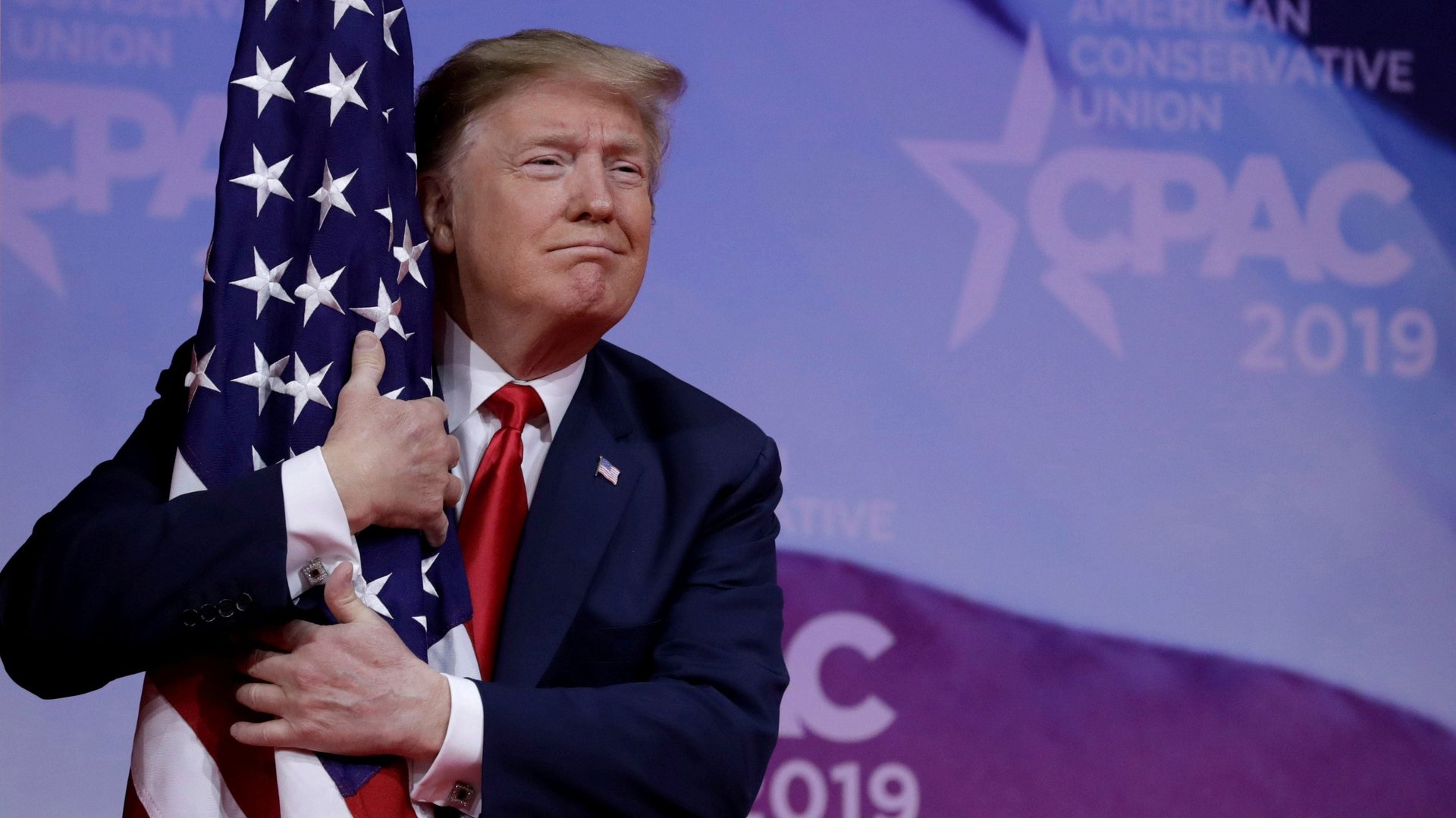The mad rush for H-1B visa seems to be dying down
The gold rush for the most sought-after American work visa appears to be losing pace.


The gold rush for the most sought-after American work visa appears to be losing pace.
Four days after H-1B applications for financial year 2020 opened, authorities were still not certain if they have met the annual cap of 85,000 visa applications for the year.
On April 06, the US Citizenship and Immigration Services (USCIS) announced it had reached the congressionally-mandated cap of 65,000 visas in the regular category. However, the federal agency was still determining whether it has “received a sufficient number of petitions to meet the 20,000 H-1B visas in the US advanced degree exemption, known as the master’s cap.”
This means the H-1B caps are filling up slower than earlier. By the same time last year and the year before, the upper limit had been breached.
The fewer applications this year can be attributed to the overall hostile environment for working immigrants under the Donald Trump administration, experts say.
There is a “chilling effect on employers from these attacks in the last two years. When employers need foreign talent but cannot rely on it being approved, it creates uncertainty, drives up costs, and makes us less competitive as a nation in these specialty occupations,” Hassan Ahmad, an immigration lawyer and advocate in Northern Virginia, told Quartz. “The talent in this knowledge economy is there, and it will continue to migrate elsewhere if we don’t start employing common sense and depoliticise immigration.”
The perpetual rush
Earlier, when the cap used to be higher at 195,000, employers took their time to apply. But that changed in 2004 when the cap was brought down to 65,000.
An overwhelming race then ensued from a mix of new and old applicants. The computer randomly allots 20,000 visas to advanced degree holders first. Then, those who are left out are added to the pool with undergraduates, and another 65,000 visas are doled out.
“For the past few years, hundreds of thousands of potential high-quality H-1B visa holders haven’t been selected for the lottery. So, they apply again the following year. This, in addition to new immigrants becoming eligible for H-1B, makes the caps fill faster,” explained Rohit Mittal, co-founder and CEO of Stilt, a company that facilitates loans for immigrants, non-US citizens, international students and other visa holders. “Also, several consulting companies file for more H-1Bs than they really need.”
Since 2014, the cap has filled within five days of opening. In order to “avoid missing the opportunity and having to wait another year,” employers submit their petitions exactly when the cap opens, according to Richard Burke, CEO of global immigration firm Envoy.
After all, companies are still keen as ever to apply. Despite Trump’s clampdown, 80% of the employers expect their foreign national headcount to increase or remain stable this year, according to Envoy’s 2019 Immigration Trends Report.
This year’s slowdown
Though the exact number of petitions has not yet been revealed, the figures have been trending downwards since Trump took office in January 2017.
This year, too, experts expect a lower number.
“…there was a decline in the number of student visa applications to the States which should impact the number of H-1B visa applications being filed this year,” said Abhinav Lohia, director of south Asia and Middle East at EB-5 investor via firm CanAm Investor Services.
According to a survey conducted by the Institute of International Education, enrollment of first-time international students fell an average of 7% in fall 2017 from a year ago across 522 US institutions.
Plus, with the government stepping up scrutiny, doling out more requests for evidence (RFEs) and outright denials than before, employers are shying away from going through the entire $1,410 application process. Although they do get their money back, it’s time-consuming and costly.
“While Trump doesn’t play a direct role in decision-making, the government’s attitudes and internal memos have a lot of bearing on the way visa applications are adjudicated,” said Lohia.”When the petitions are overly scrutinised and denied it definitely discourages employers from hiring foreign nationals.”